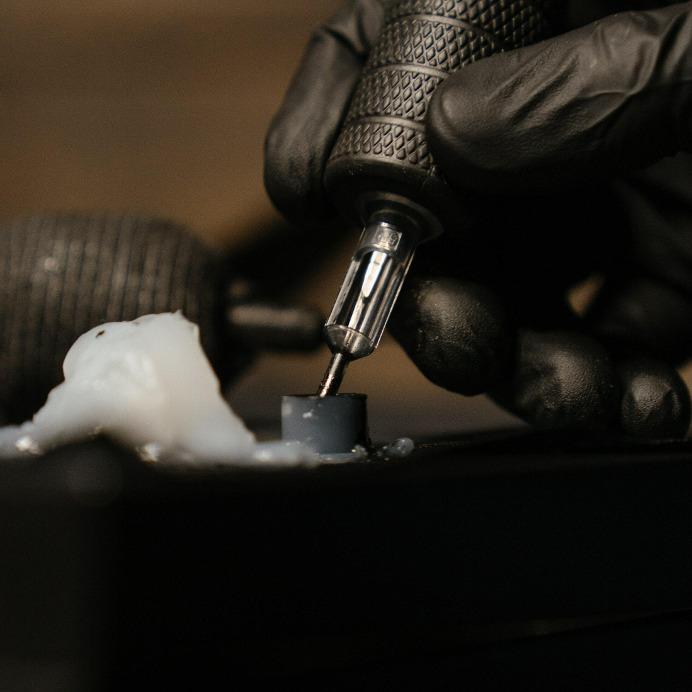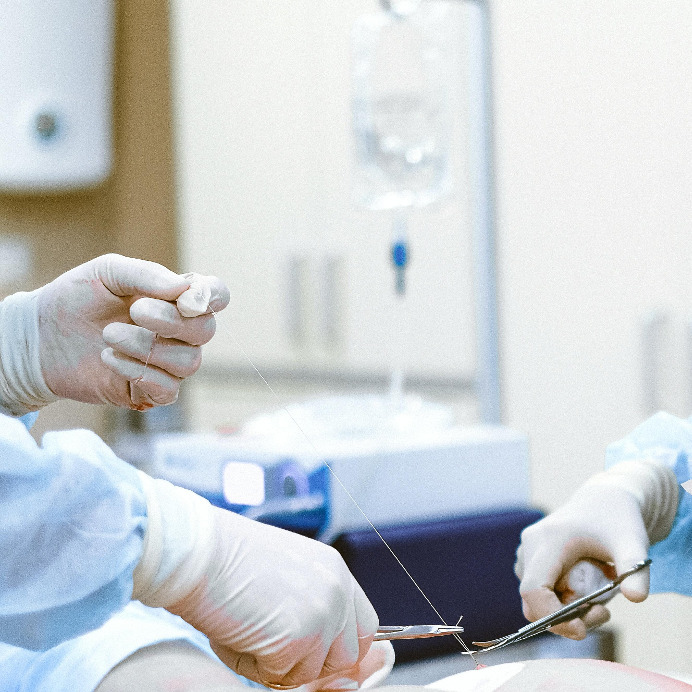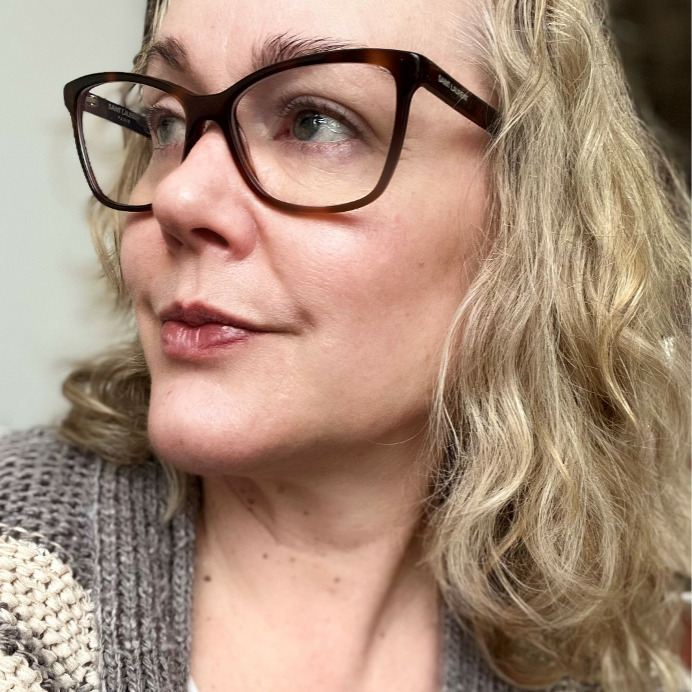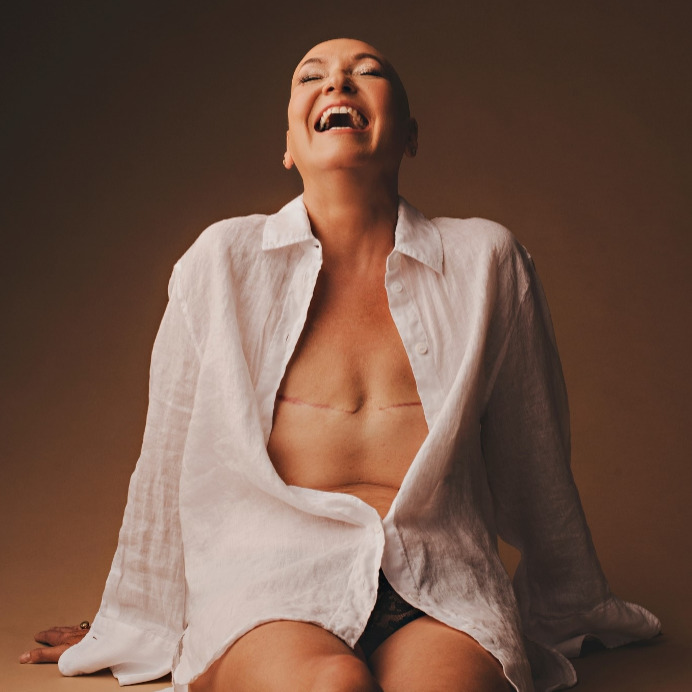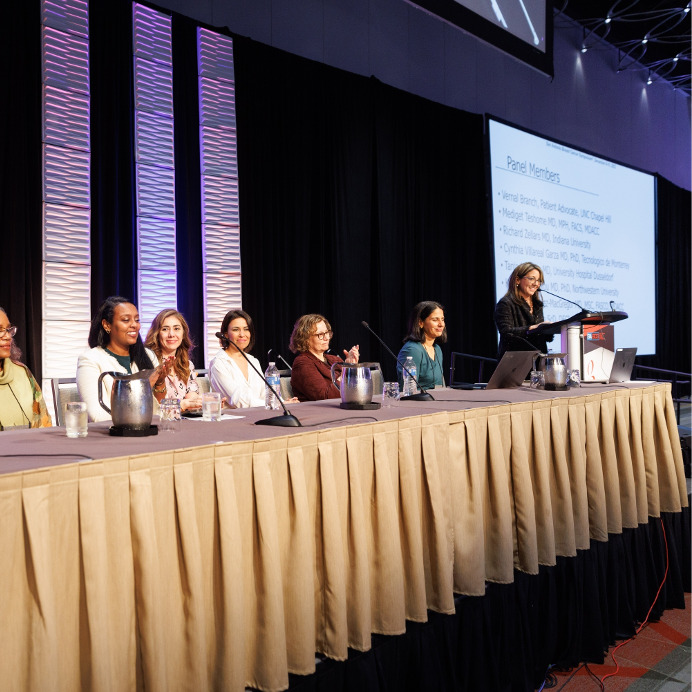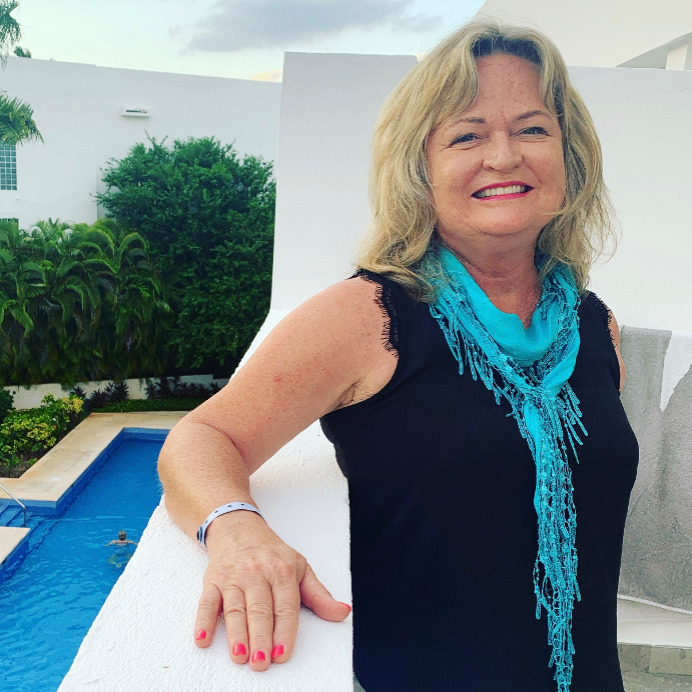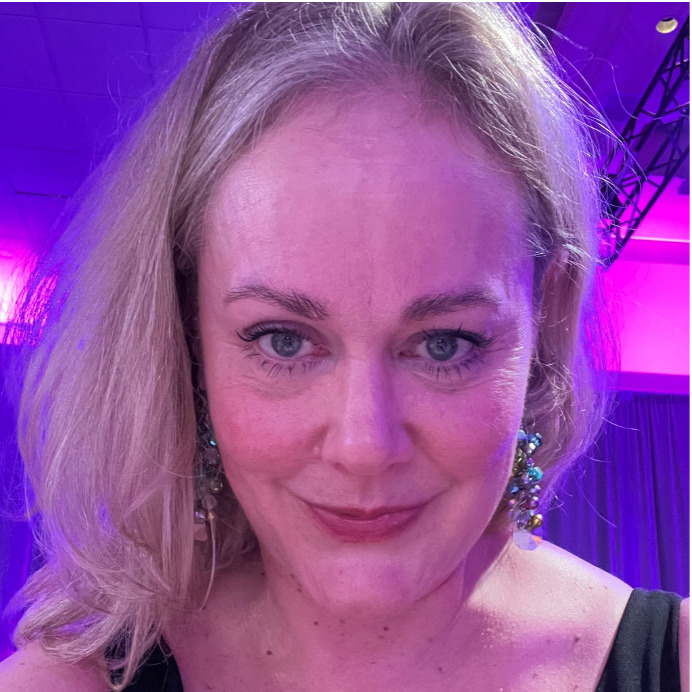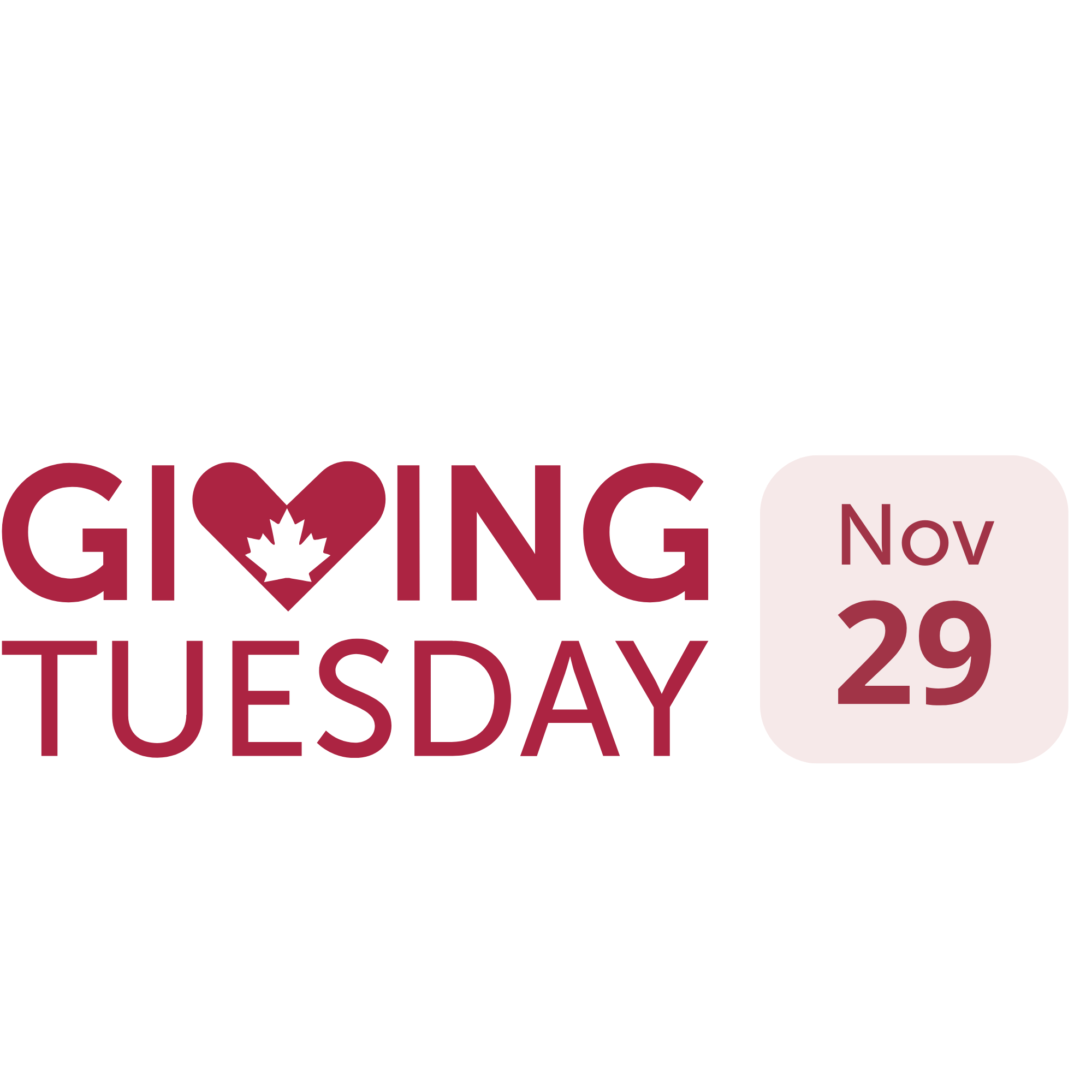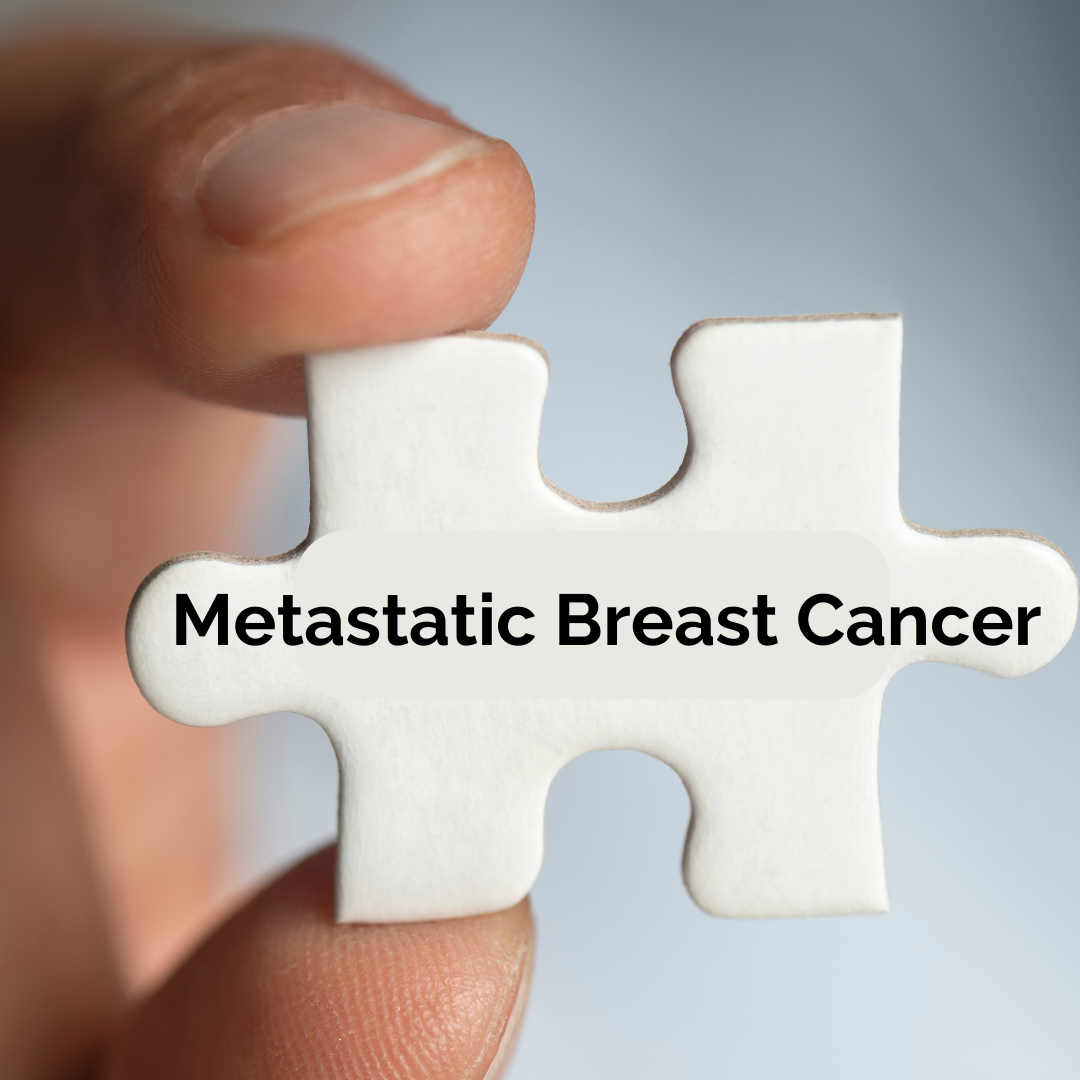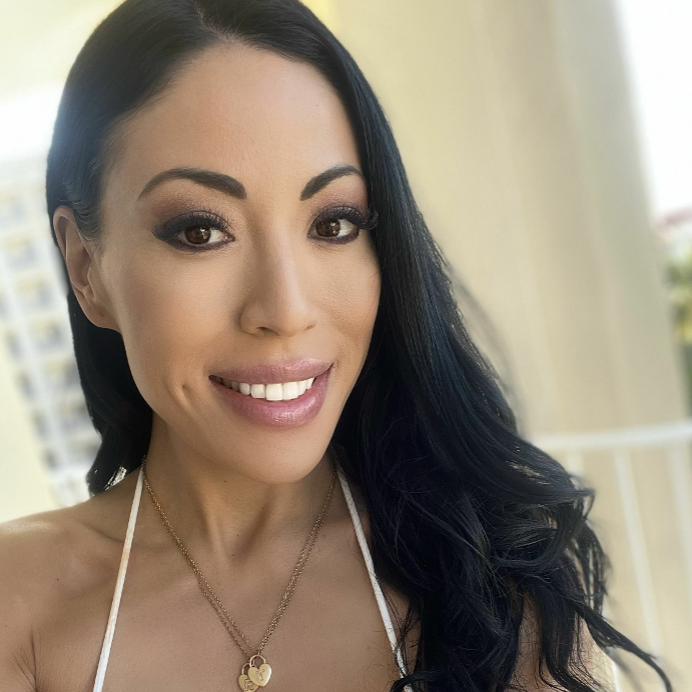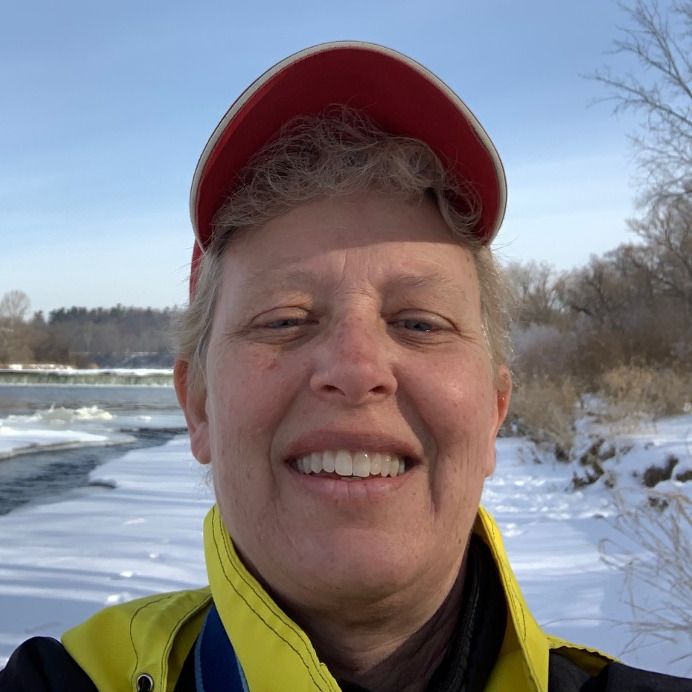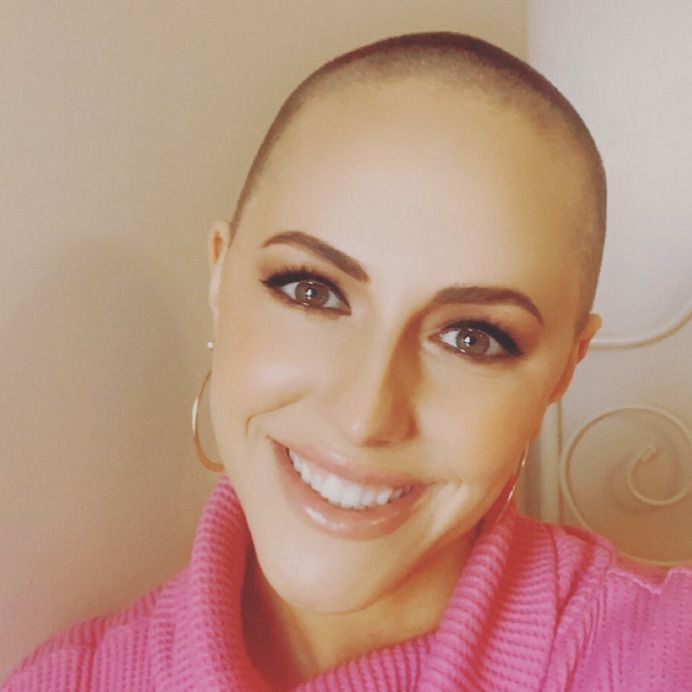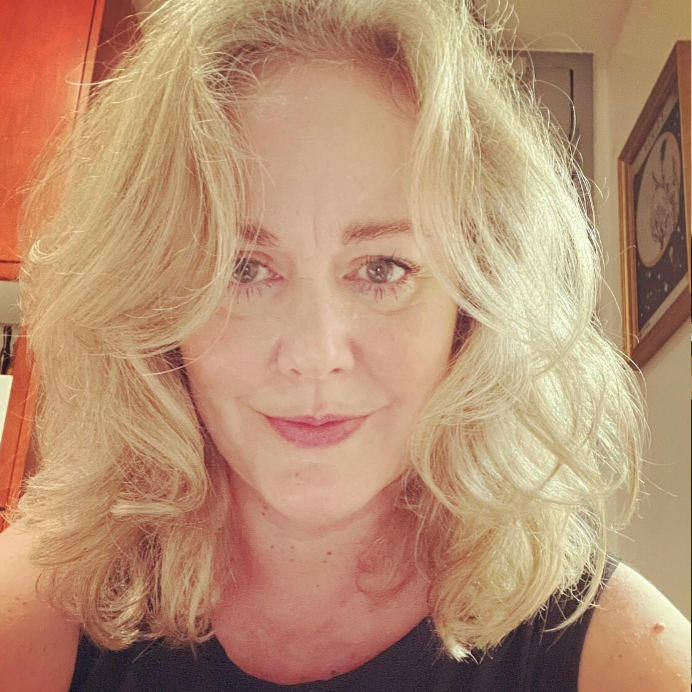By continuing to use our site, you consent to the processing of cookies, user data (location information, type and version of the OS, the type and version of the browser, the type of device and the resolution of its screen, the source of where the user came from, from which site or for what advertisement, language OS and Browser, which pages are opened and to which buttons the user presses, ip-address) for the purpose of site functioning, retargeting and statistical surveys and reviews. If you do not want your data to be processed, please leave the site.
The Voice of People With Breast Cancer
Education
Our Voices Blog
Tag : breast cancer
Questions & Experts: A Clinical Psychologist Answers Your Questions About the Mental Health Impact of a Breast Cancer Diagnosis
A breast cancer diagnosis comes with so many questions and there never seems to be enough time at appointments to have some of these questions answered. To help address this, we developed a "Q&E: Questions and Experts" series. In this series, a variety of experts spend the entire virtual session answering pre-submitted and live questions from participants. Watching the videos on-demand might be a little difficult to get through. So, we’ve created this guide to help you get right to the questions and answers that matter the most to you
3D Nipple and Areola Tattoos 101: All the Basics You Need to Know
A 3D nipple and/or areola tattoo is an optional last step following nipple reconstruction surgery or as an alternative to nipple reconstruction surgery. If you got a mastectomy and did not get a nipple-sparing mastectomy or nipple reconstruction surgery, then 3D tattooing uses dark and light pigments to create a 3D illusion of the areola(s) and the nipple(s). If a nipple reconstruction surgery was performed, then 3D tattooing would be used to create an areola and/or to enhance the reconstructed nipple.
Reason #4 That Cancer Still Sucks: Surgery Can’t Prevent Recurrence
In this blog series, we present excerpts from Dr. David Stewart’s book A Short Primer on Why Cancer Still Sucks. The fourth reason that cancer still sucks is that it can recur in some patients even if it appears to have been removed completely by surgery. Surgery is not even an option for many patients.
When Was the Last Time You Asked Yourself: Are You Okay?
I’ve been watching Harry & Meghan, the documentary series on Netflix. I’m not a royal’s buff or even a fan, well, except for Princess Diana (I thought she was great). No, I started watching the series for boredom’s sake, because I needed a new show. I figured that because I like docu-series and because I couldn’t watch what I really wanted to—the Kardashian’s new reality show because I don’t have Disney+—this was it. So, I clicked play and about five minutes into Episode 1, I was hooked.
I Only Wanted One Surgery, So I Chose AFC Reconstruction
This year 28,000 women in Canada will be diagnosed with breast cancer. On March 10, 2022, I became one of those women. Disturbingly, within a month of my diagnosis, two more of my close friends received their breast cancer diagnoses. In total, I have 15 close friends and counting who are either breast cancer survivors, or who are currently battling breast cancer. This silent epidemic seems to be growing at an extraordinary pace.
Highlights From the 2022 San Antonio Breast Cancer Symposium (SABCS)
The San Antonio Breast Cancer Symposium (SABCS) is the annual breast cancer conference that brings together researchers, clinicians, patients and manufacturers from all over the world to discuss the latest breast cancer research. Last December, we were pleased to be able to attend in-person, and we'd like to share with you the highlights from SABCS.
Our Top Blog Posts for 2022
The past year allowed us a return to a more normal routine in a lot of ways, and our blogs from 2022 reflect that. Posts about being able to gather for the holidays, get mastectomy tattoos, and having in-person healthcare visits were some of the topics of our top 10 blog posts from last year.
2022: Our Year in Review
CBCN connects patients, caregivers, health care professionals, researchers, public health agencies and industry stakeholders to improve knowledge translation and promote optimal health outcomes for Canadians with breast cancer. We do this through the promotion of information sharing, education, and advocacy activities. As we look forward to the new year, we would also like to look back on 2022 and share what CBCN has achieved on behalf of Canadian breast cancer patients, their loved ones, and caregivers.
Holiday Cheer?
Let me just start by saying, while writing, that I’m not a Grinch. I promise. That said, Christmas is not my favourite holiday. (Thanksgiving is, because it’s all about the gratitude, mashed potatoes and turkey.) Yet, after my breast cancer diagnosis, surgery and treatment, the only place I wanted to be for the holidays was with my family in Calgary. Being single and dealing with breast cancer’s day-to-day stressors alone, by myself with my cat, was overwhelming. So, my post-cancer-treatment Christmas was probably one of the most stress-free I’ve ever experienced. Maybe it’s because I didn’t have to make one decision for a solid week, that my family loved on me or because I didn’t cook a single meal, I don’t know. But it worked and when I returned to Toronto, despite the brain fog and Tamoxifen madness, I felt lighter.
Humour in Times of Crisis pt. 2 - Excerpts from Angel in the Marble
The minute you get a cancer diagnosis, you start looking for the magic cure. For me, this meant researching the hell out of the disease and revamping my lifestyle, exercise regime, spiritual practice, and diet. Within days, I knew the latest cancer breakthroughs and snake oil salesman’s remedy for the problem. And I took on the task of miraculous cure (and possible canonization) with a vengeance. Turmeric was the new gold standard. I popped four pills a day and drank Indian golden milk and turmeric lemon tea morning, noon, and night. My skin oozed Trumpian orange, my countertops glowed with permanent yellow stains, and man, did I feel good. I knocked back shots of apple cider vinegar chased by pomegranate juice. I downed hemp hearts, chia, flax, and bee pollen. My daughter Sonja arrived one day with the Holy Grail—a Vitamix— and it became my cauldron, a sacred vessel for preparing healing concoctions laced with kale, ginger, blueberries, and coconut water.
Fact: When I Look Good, I Do Feel Better
Growing up, every time I passed a mirror I would pause and stare at my reflection. I got busted for it too. A lot. My mom and aunties told me it wasn’t nice to look at myself, that it was vain or to cut it out—sometimes they said all three statements at the same time. To be clear, I wasn’t always admiring myself, I mean sometimes I was, but after I turned 12 and went to junior high school, my covert glances were more about me feeling insecure than anything else. I had to make sure I didn’t look weird, that my bobbed hair was tucked behind my left ear just so or that my highly Ten-O-Sixed skin wasn’t shining like a too-bright light. I was looking because I needed to reassure myself that I looked good. That I was good enough.
Giving Tuesday: The Impact of Your Donations
Tomorrow, November 29th is Giving Tuesday, the world’s largest generosity movement. Created in 2012, it was a simple idea: a day that encourages people to do good. Make someone smile, help a neighbour or a stranger, show up for an issue you care about, or give some of what you have to those in need. Giving Tuesday is a time when people come together to celebrate giving and participate in activities that support charities and non-profits; to thank, help, give, show kindness, and share with others. Donations made to CBCN help us fulfill these needs for people dealing with breast cancer, their loved ones, and caregivers.
Humour in Times of Crisis
The words “breast cancer” and “humour” are seldom in the same sentence. When it is revealed that someone has breast cancer, or any type of cancer, reactions are often in the form of sympathy, compassion, anger, denial, pity, or empathy; not jokes or laughter. While all emotions about being diagnosed or living with breast cancer are valid, having a sense of humour about it is often seen as being in bad taste or disrespectful. The role of humour in times of crisis generally gets a bad rap, whether it’s a natural disaster like Hurricane Katrina, or something personal, like a breast cancer diagnosis; however, it has been well documented that laughing about tragic or terrible things can make those things more easily borne, especially when that laughter is shared.
FinNav Five: Experiences, Services, And Travel Assistance
Depending on your situation, your financial needs can come in different forms, from needing money to pay for rent, to needing help with paying for treatments, to requiring help with parking costs when you go for cancer treatments. To highlight the various types of programs listed in FinancialNavigator, we have put together this blogpost series.
Support Matters. How You Can Support Yourself & Other Breasties
During treatment, when I laid on the couch or in bed recuperating, I found support in a promise to seek and find more joy and purpose in my life once I resurfaced from feeling deep, deep under water. I kept it too, by returning to coaching competitive synchronized swimming athletes after a near 20-year hiatus from the sport. This has been incredibly rewarding. Along with the support of joy it continues to give me, coaching allows me to focus my energy and attention on others instead of on myself and to give back and support a community of young athletes I believe in very much.
We Are Not Counted
I am writing this from my hospital bed. One of many cancer-related hospital stays and visits. This hospital has become my second home. Fortunately, it’s a great hospital. That doesn’t mean I want to spend a lot of time here though. But that is inevitable when you have metastatic breast cancer, otherwise known as mBC. That is Stage IV cancer. Cancer that has travelled outside the breast and has metastasized into other areas of the body.
Breast Cancer at 36
I had a few benign tumors (Fibroadenomas) that I would check every six months via ultrasound, and I had one lump which was classified as benign and was told it was nothing to worry about. Three months after my last ultrasound, this lump grew very quickly and became painful. I went back for another ultrasound three months earlier than suggested, and it showed the lump was changing and growing extremely fast. I had a biopsy on June 8, 2022.
60 to 0 in Seconds - Being a Breast Cancer Patient
I am a woman. I am active. I am a mom. I am also living with metastatic breast cancer, and I am living well. I have been active all my life. I played a variety of sports ever since I was little, like competitive fastball and hockey. So, how could a super active, fit, and healthy individual, with no breast cancer or any other type of cancer in her family, all of a sudden be told she has stage IV breast cancer?
To the Girl Standing in The Blue Hospital Gown, Part 3
Day 93: January 21, 2022
Alex of Glow Up Wigs helped me with a wig and gave me some extra sparkle. I am overwhelmed with emotion and gratitude. Through my tears you saw my hurt, but you managed to capture my beauty and energy. Alex, you are incredible at what you do. When I look in the mirror now, my smile is bigger. Cancer cannot take that from me. I continue to love and accept every version of myself, and you have given me confidence when I needed it the most.
I Can Create My Reality
I read a lot. About everything, really, including Jackie Collins’ Hollywood Wives, which I’m about three decades late on, I know, but I just watched Lady Boss, The Jackie Collins Story on Netflix so here I am. The book is good too, in a dishy fantastical way, so naturally after 15 pages in I went back online and bought the sequel Hollywood Wives: The New Generation. But, that’s not the kind of reading I want to share. Books about the power of the mind, self-esteem, and mental health and how to create a positive reality are what I’m referring to. I like these types of books and have piles of them, because I honestly believe they work. I just wish I’d fallen back on them when I was initially diagnosed with breast cancer and going through surgery and treatment.


